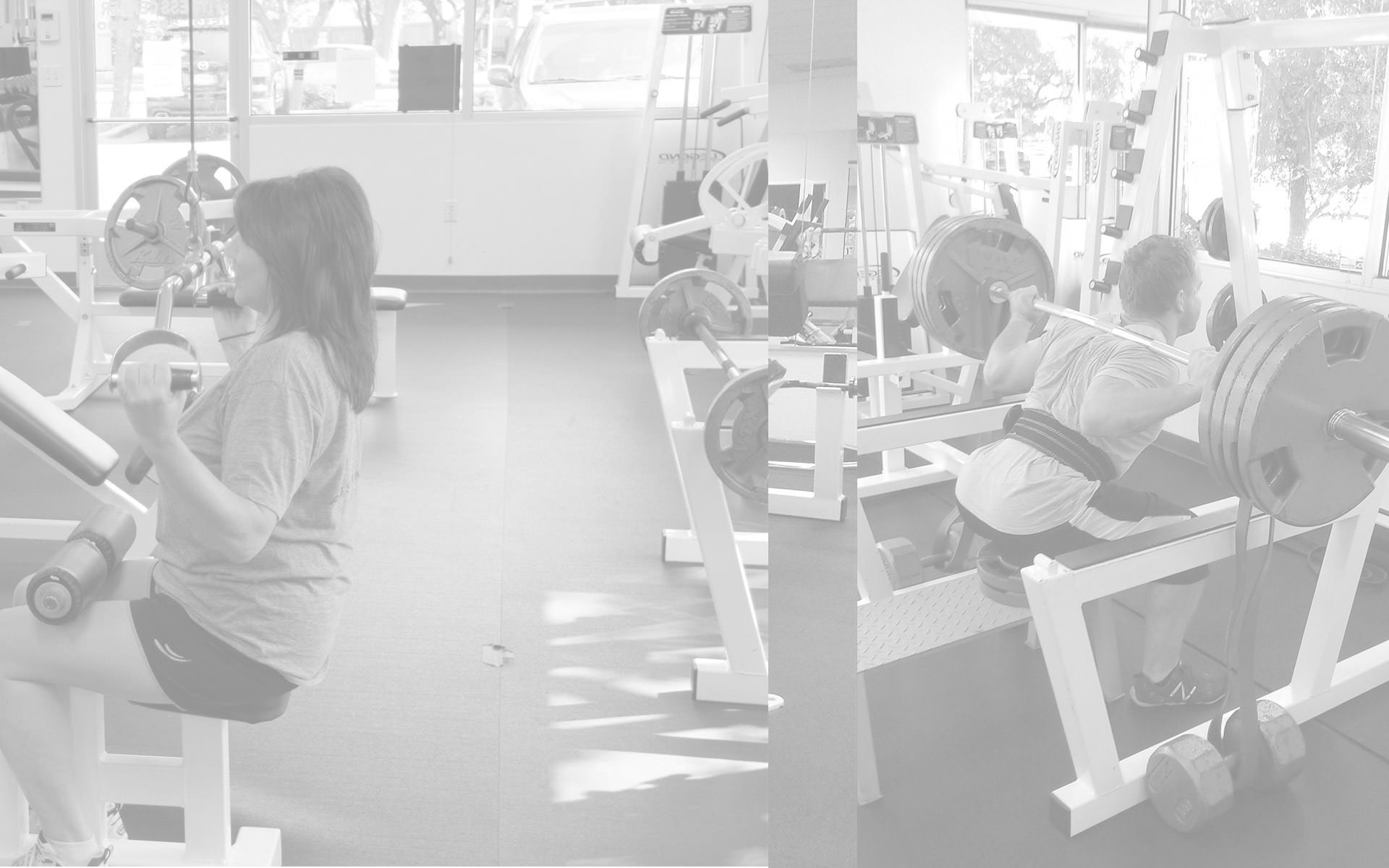Bad Genetics Can Be Overcome
We all think we have bad genetics. Not a one of us has never picked up a magazine and seen some super fit model, actor, athlete, bodybuilder, etc, and thought to ourselves, “I wonder what they do differently than I do”, and at least entertained the idea of following their protocol. I’ve been an Austin personal trainer for over 20 years and a gym owner for close to a decade, yet still that quick fleeting thought could just as easily cross my mind, even though I work, and have worked with, a lot of the people that we see in those magazines, in professional sports, on the internet, as well as on television. Why is that? The answer is because we all think that the person who is enviable, has unlocked a secret or made a discovery that we have yet to make. This, of course, is not necessarily true, or even close to reality, but it certainly can seem that way, even for just a fleeting moment.
One of the reasons my job is so much fun and satisfying for me, is that everyone is different. That said, if I am to truly help a client, I must be able to recognize their genetic advantages, as well as their limitations. Everyone has imbalances due to injury, the holding of stress, improper mechanics, etc, and those too must be quickly read so I can incorporate a plan of action to get the client to their goal, while correcting the imbalances along the way. Sounds complicated? It is, but that’s also where the fun is. That doesn’t mean you have bad genetics simply because you have limitations.
If we have 2 NBA players and they both want to work on their explosiveness for jumping, for example, their individual imbalances will obviously play a huge role in my approach, but their genetics will also play a major role as well. Let’s assume for a moment that I’ve worked with both guys for a while, and their imbalances have been reduced or repaired enough so that they aren’t such a mitigating factor. Player 1 has more fast twitch fibers than player 2, therefore, the approach has to be different in terms of exercises given, as well as rep ranges, sets, and the order of the exercises. Does that mean that either guy has bad genetics? No. It simply means they are different from one another, and therefore, must be trained as such.
It would be crazy for me, at 6’1″ to stand next to a 5’6″ bodybuilder and assume that my training methods, nutrition, ranges of motion, etc would be the same as his. 2 different people means 2 different sets of genetics, and thus, 2 different approaches. The trick is to figure out the best approach in order to reduce the risk of injury, and to maximize your potential.
Ready to Get Started?

Andy

Latest posts by Andy (see all)
- Workout Motivation: How To Get Motivated To Work Out - March 9, 2022
- Body Fat Types: Subcutaneous and Visceral Fats - June 1, 2019
- Why Diets Work If You Stick With Them - April 1, 2019






